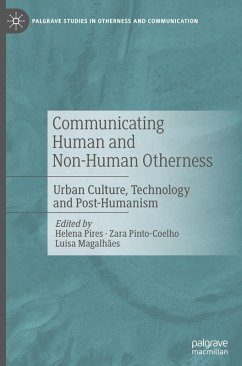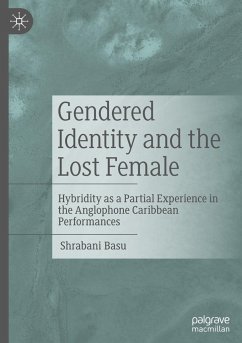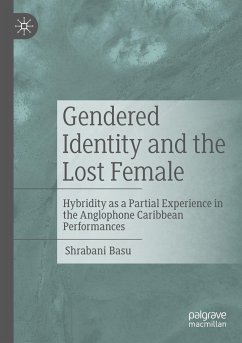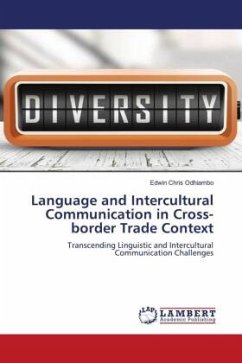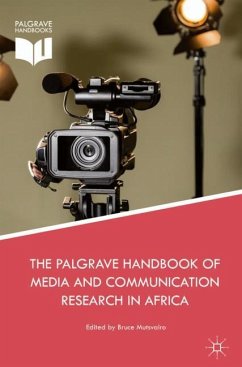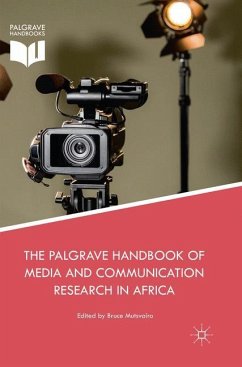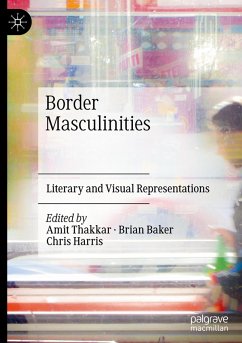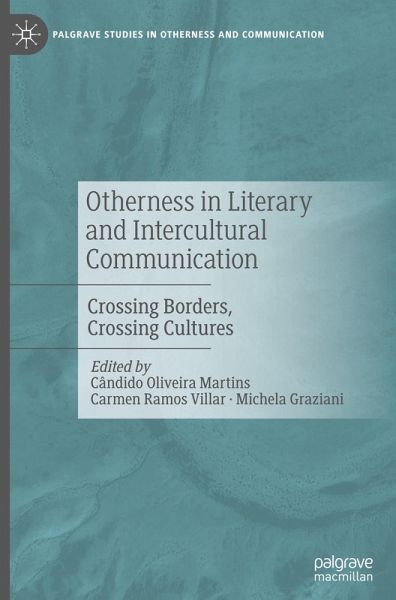
Otherness in Literary and Intercultural Communication
Crossing Borders, Crossing Cultures
Herausgegeben: Oliveira Martins, Cândido; Ramos Villar, Carmen; Graziani, Michela

PAYBACK Punkte
57 °P sammeln!
Looking at both Lusophone literature and literatures from around the globe from the perspective of intercultural communication, this book addresses post-colonial literature, intercultural negotiations, and how multicultural debates are reflected in literary production. Topics addressed include mobility and its effects, be it through work, business, leisure, travel, or study; contact between countries, even within the boundaries of the country itself; migration or exile, be it by choice or by force. As a whole, the volume provides a comparative study of representations of intercultural communic...
Looking at both Lusophone literature and literatures from around the globe from the perspective of intercultural communication, this book addresses post-colonial literature, intercultural negotiations, and how multicultural debates are reflected in literary production. Topics addressed include mobility and its effects, be it through work, business, leisure, travel, or study; contact between countries, even within the boundaries of the country itself; migration or exile, be it by choice or by force. As a whole, the volume provides a comparative study of representations of intercultural communication in literature. The volume conceives literature broadly to include both traditional fictional and non-fictional prose, and more recent genres like social media posts




